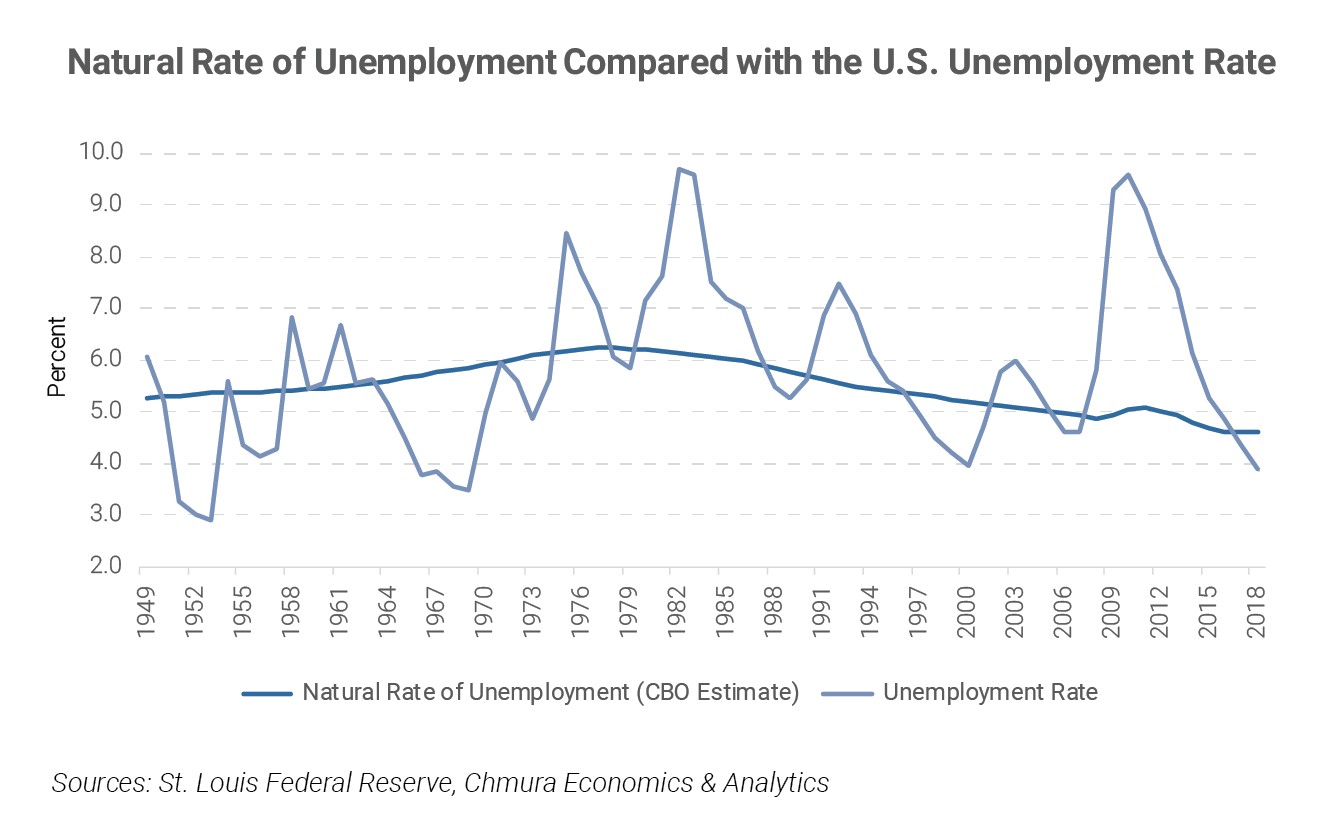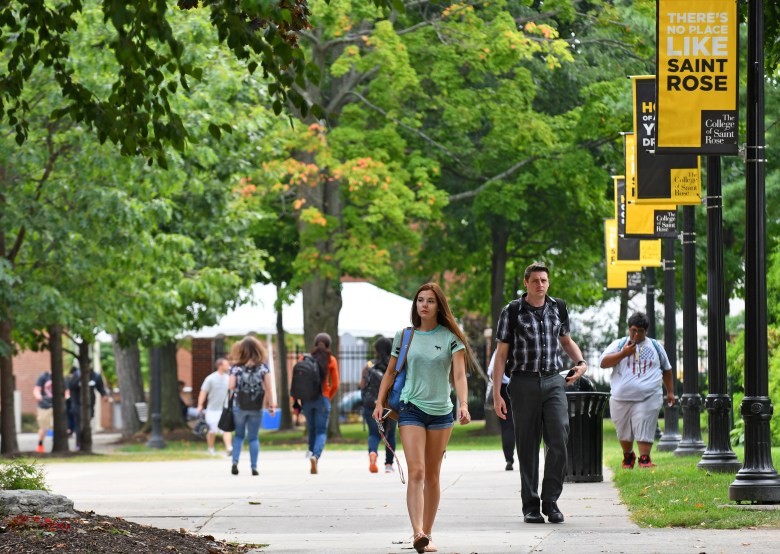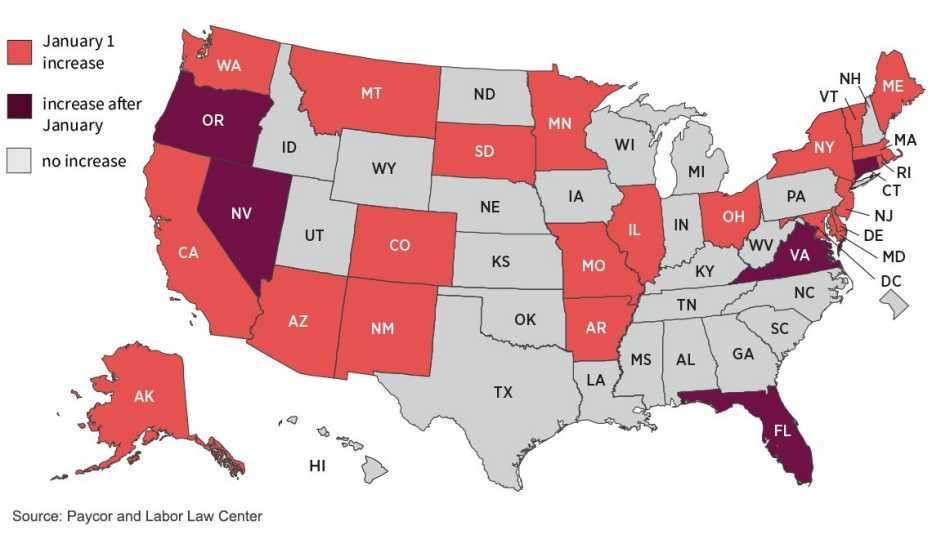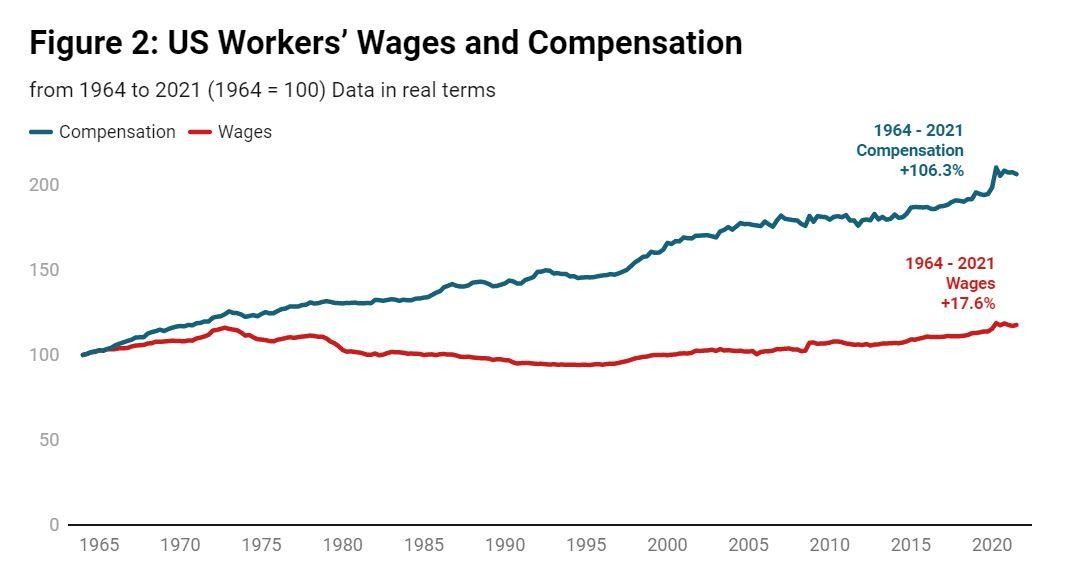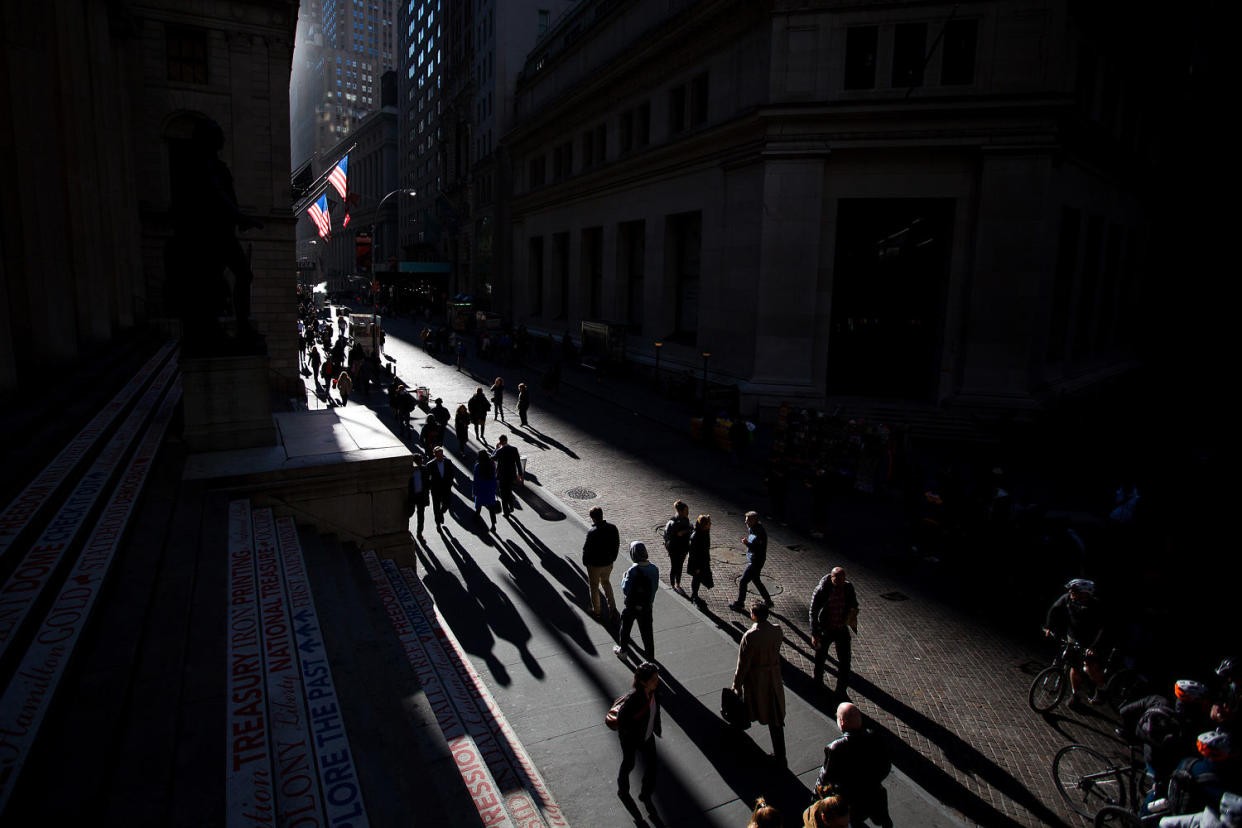Financial Support Crisis: Parents Spending $1,500 Monthly on Adult Children
Half of parents now financially support their adult children, spending an average of $1,474 monthly on expenses from housing to groceries. This growing trend reflects mounting economic challenges faced by younger generations, including lower wages, student debt, and rising living costs.
The Economic Forces Driving Young Adults' Shrinking Social Circles
Modern financial pressures and career demands are fundamentally reshaping how young people form and maintain friendships. Recent data shows a strategic shift toward smaller, more intentional social networks as young professionals prioritize financial stability over extensive social circles.
Tech Workers Would Take 25% Pay Cut for Remote Work, NBER Study Finds
New research reveals tech employees value remote work flexibility far more than previously thought, willing to accept substantial salary reductions for work-from-home options. The surprising study also found no actual pay differences between remote and in-office positions, raising questions about labor market dynamics.
America's Unemployment Puzzle: How Low Can It Really Go?
The U.S. unemployment rate hit a 50-year low of 3.4% in 2023, raising questions about its theoretical minimum. While some regions achieve rates below 2%, economists warn that extremely low unemployment could signal economic instability rather than strength.
Workers Would Accept Pay Cuts to Keep Remote Work Benefits, Research Shows
Recent studies reveal that 40% of employees would take a 5% salary reduction to maintain remote work arrangements, with tech workers willing to accept even steeper cuts up to 25%. The trend highlights how workplace flexibility and work-life balance continue reshaping traditional employment dynamics.
Demographic Cliff: U.S. Colleges Face Crisis as Student Population Set to Drop 15%
A looming demographic shift threatens U.S. higher education as projections show 650,000 fewer college-age students annually by 2039. This unprecedented decline is already forcing college closures and raising concerns about future workforce shortages across critical industries.
Washington Takes the Lead: 21 States Ring in 2024 with Higher Minimum Wages
Washington state has surpassed California and New York with the nation's highest minimum wage at $16.66 per hour. The wave of increases across 21 states will benefit over 9.2 million workers, highlighting the growing divide between state and federal minimum wages.
The Great Decoupling Myth: Rethinking the Productivity-Wage Gap
Recent economic analysis challenges the popular narrative of a widening gap between worker productivity and compensation since the 1970s. The data reveals that when including total compensation and using consistent inflation measures, productivity and worker earnings have grown in tandem over the past 75 years.
Beyond Retirement: Why Baby Boomers Are Choosing Work Over Leisure
A growing wave of Americans over 65 are redefining retirement by staying employed, not from financial necessity but for fulfillment. With 20% of seniors now working - double from 35 years ago - companies are adapting to retain experienced talent amid skilled labor shortages.
The Great Detachment: U.S. Job Market Stalls Despite Low Unemployment
Despite historically low unemployment rates, American workers face unprecedented challenges in job hunting and workplace satisfaction. The shift from the Great Resignation era marks a period of widespread disconnection, slower hiring, and diminishing opportunities for career transitions.



